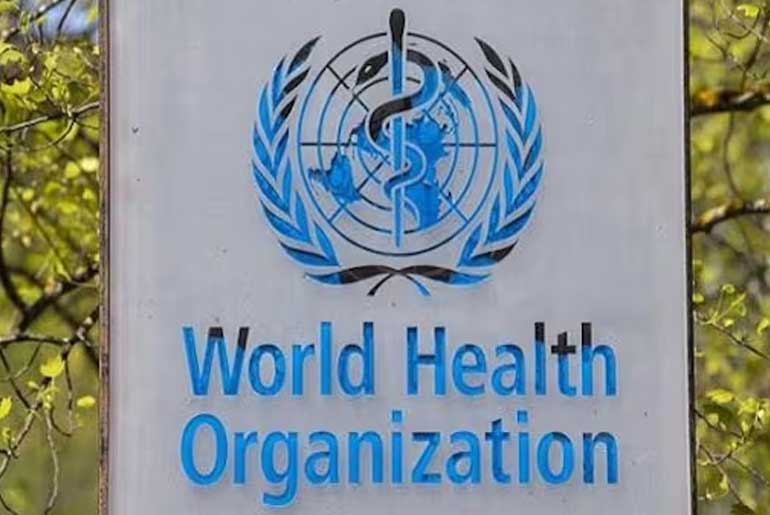The World Health Organization (WHO) has designated the JN.1 Covid strain as a “variant of interest,” but it has clarified that the variant does not pose a significant threat to public health. JN.1 was initially classified as a variant of interest within its parent lineage BA.2.86. According to the WHO, current vaccines remain effective in protecting against severe disease and death caused by JN.1 and other circulating variants of the Covid-19 virus, as reported by the news agency Reuters.
“Based on the available evidence, the additional global public health risk posed by JN.1 is currently evaluated as low,” WHO stated.
In a broader context, the WHO has emphasized the ongoing evolution and changes in the virus, urging member states to maintain robust surveillance and continue sharing genetic sequences for effective monitoring and response to emerging variants. This proactive approach helps in understanding the characteristics and potential impacts of new variants on public health and healthcare systems.
The world health body stated on X (formerly Twitter), “Dr @mvankerkhove talks about the current surge in respiratory diseases #COVID19 and JN.1 subvariant. WHO continues to assess the situation. Follow WHO’s public health advice to keep your families and friends safe during this holiday season.”
JN.1 variant in India:
The JN.1 variant of the Covid-19 virus has been identified in India, particularly in the state of Kerala. In response, the central government has issued an advisory to state governments, urging them to implement sufficient health measures and preparations to address the presence of this variant. The detection of new variants underscores the importance of vigilance, timely surveillance, and effective public health responses to manage and mitigate the impact of emerging strains of the virus. Authorities are likely to focus on monitoring and implementing appropriate measures to control the spread of the JN.1 variant in the affected regions.
“Considering the upcoming festive season, there is a need to put in place requisite public health measures and other arrangements to minimize the risk of increase in transmission of the disease by adherence to the maintenance of respiratory hygiene“, the advisory study.
Disclaimer:
The information contained in this article is for educational and informational purposes only and is not intended as a health advice. We would ask you to consult a qualified professional or medical expert to gain additional knowledge before you choose to consume any product or perform any exercise.







